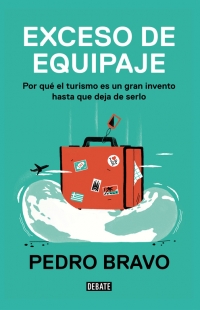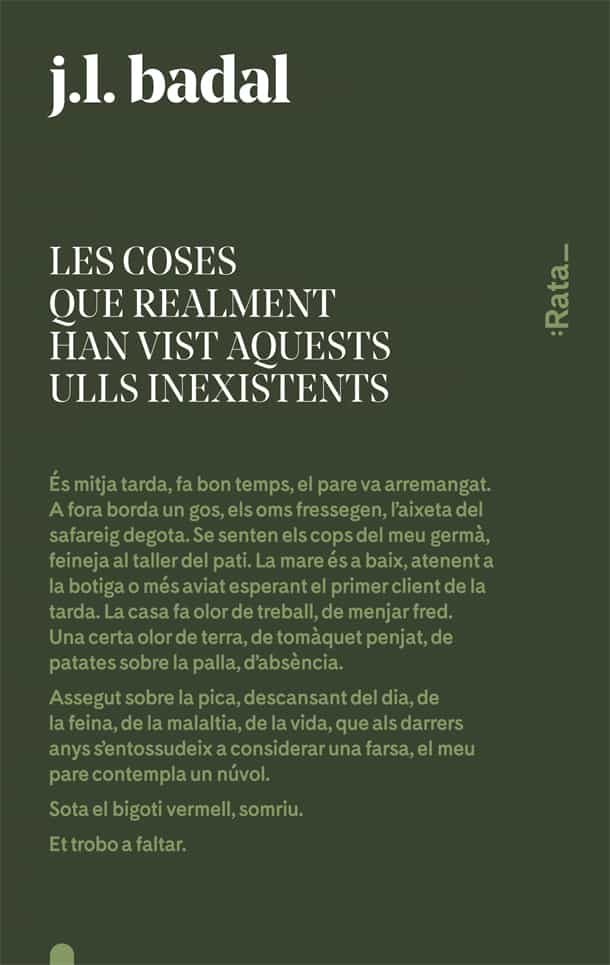
Paulina Pi de la Serra, Història d’Emma [Emma’s story], 2018, 97 p.
publisher’s summary:
[The poet] Salvador Espriu defined her as “one of the few authentic values of our nation.” Paulina Pi de la Serra (1906-1991) is an author to be rediscovered. There has arrived the moment when her work, until know limited to the local sphere of Terrassa, can be known around the country.
Born in Terrassa in 1906 into a well-off, intellectual and Catalanist family, Paulina Pi de la Serra believed in her possibilities and knew how to make a place for herself in the Catalan culture world.
Història d’Emma is the only incursion that Paulina Pi de la Serra made into fiction: four short stories set in a cultured and cosmopolitan world at the time of the [Spanish Civil] war and postwar years. Written at different moments of her life, these stories were published together in 1982 by the Amics de les Arts i Joventuts Musicals de Terrassa [Terrassa friends of the arts and musical youth] club. Edicions del Núvol now recovers this shining volume.
Offered as a free e-book on the publisher’s page and available in print at bookstores.
Author information from the Wikipedia:
Paulina Pi de la Serra i Joly (Terrassa, 1906-1991) was a Catalan politician and cultural activist. Born into a well-off, intellectual, conservative and Catalanist family, at hardly more than 20 years of age she began her political activity. She became a very popular speaker and was called El rossinyol de la Lliga [The League’s (political party) nightingale]. During the Spanish Civil War she lived in Paris, where she worked different jobs (among them teacher and translator) and where she was interrogated by the Gestapo. In 1945 she returned to Terrassa to keep company to her father who was sick. Paulina Pi de la Serra worked as a highschool teacher of Catalan, French and other subjects. She wrote for newspapers, contributed to radio shows and held numerous speeches, becoming a cultural reference for the Anti-Franco resistance. In 1963 she promoted the creation of a UNESCO center in Terrassa. Paulina encouraged her nephew Quico Pi de la Serra to become a singer-songwriter.
Paulina had a secret daughter with the diplomat Joan Estelrich, both of them related to the Lliga Regionalista [regionalist league; political party]: Helena Feliu Pi de la Serra, who in 2012 published the novel Pecat original [Original sin], in which she unconvered the relationship and her story. Helena was born in Switzerland during a journey that Paulina camouflaged with a scholarship, and she was raised by a couple in the Gràcia neighborhood of Barcelona.
SOURCE: Biblioteca del Núvol (publisher), Viquipèdia







